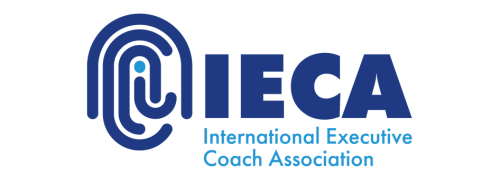Custom Solutions
Tailor-Made Projects
Tailor-made projects focus on designing and implementing specific interventions adapted to the particular needs of an organization or team. Depending on the organization’s requirements, we leverage various development resources such as individual and systemic coaching, co-development, mentoring, training capsules, and indoor/outdoor team-building workshops.
Below are the steps that such projects may include and their potential outcomes:
1. Initial Assessment
Organizational Diagnosis: Evaluation of the current state of the team or organization, identifying strengths, areas for improvement, and challenges.
Interviews and Surveys: Gathering information through individual interviews and anonymous surveys to understand internal dynamics and team members’ perceptions.
2. Project Design
Clear Objectives: Defining specific, measurable objectives aligned with the organization’s needs and strategic goals.
Action Plan: Develop a detailed plan that includes the interventions to be carried out, necessary resources, and an activity timeline.
3. Interpersonal and Team Skills
Individual and Team Coaching: Personalized coaching sessions for leaders and team members focused on developing communication, collaboration, conflict management, results orientation, strategic vision, and other critical skills.
Group Dynamics: Activities and exercises that promote team cohesion, conflict resolution, and creating a shared vision.
Systemic Analysis: Assessing interactions and relationships within the organizational system to identify patterns and dynamics impacting team performance.
4. Training and Development
Workshops: Training programs focused on soft skills and specific competencies, such as emotional intelligence, change management, and decision-making.
Co-Development Programs: Initiatives designed to develop soft skills related to goal alignment, eliminating silos, and achieving results across all levels of the organization.
5. Monitoring and Follow-Up
Periodic Evaluations: Continuous review of the team’s or organization’s progress against established objectives.
Feedback and Adjustments: Gather regular feedback and adjust the action plan as needed to ensure the effectiveness of the interventions.
6. Closure and Final Evaluation
Results Analysis: Evaluating and comparing the results with the initial objectives.
Final Report: Documenting findings, key learnings, and recommendations for future projects.
EXPECTED BENEFITS
Improved Communication and Collaboration: Teams become more cohesive and effective in working together.
Leadership Development: Leaders gain greater skills and the ability to inspire and guide their teams.
Increased Productivity and Sales: More efficient processes and a more positive, motivating work environment.
Adaptation to Change: Teams become more resilient and better equipped to manage change effectively.
